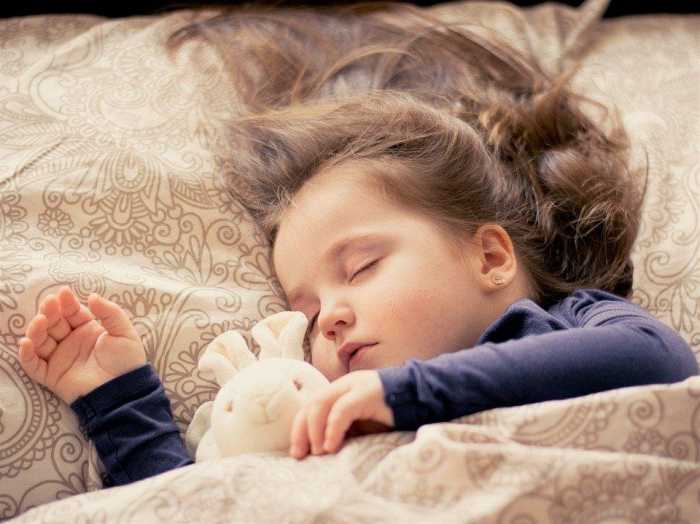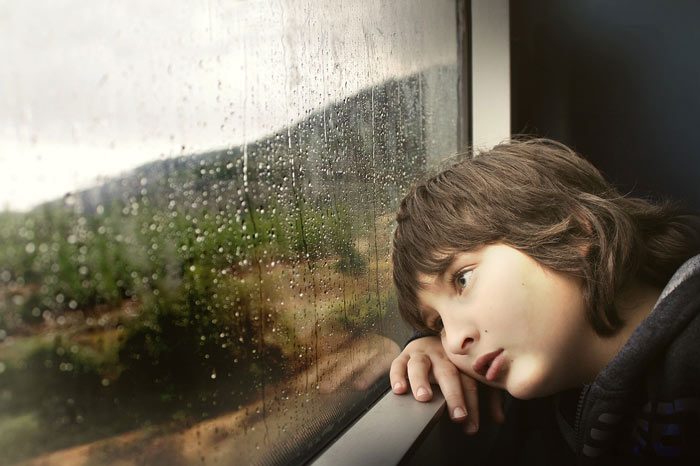Sometimes we fail to build healthy and harmonious relationships because we have “anchors” from the past – childhood traumas that continue to influence us today. Let’s figure out what events echo your whole life, interfering with your happiness.

Thanks to the active popularization of psychology in recent years, probably only the lazy ones never thought about the psychological trauma they received in childhood and how it continues to affect them now.
On the one hand, this is good news because understanding the cause-and-effect relationships between one’s attitudes and behavior is the first step towards their correction. On the other hand, a significant part of the information on this topic often remains in the shadows, giving rise to many myths and conjectures. In this article, we would like to talk about what types of childhood trauma interfere with building relationships in adulthood.
Psychological trauma is the result of exposure to adverse factors of the external or internal environment, an impact that could not be successfully dealt with. It can be one-time or long-term, for example, a family member’s sudden death or prolonged illness.
It would be a mistake to believe that we can get psychological trauma only in childhood. Alas, we are not free from this possibility in adulthood either. However, in childhood, the resource of our psyche is especially organic. Life experience, boundaries and coping strategies are not enough to “live through” a traumatic event without harming the psyche.
Here are four of the most common childhood traumas that can prevent you from finding love and building harmonious partnerships as adults.
Trauma of the outcast
A child can receive this trauma through real situations of exile, and through ignoring, betrayal, and various manipulations. Perhaps, all these situations are connected by one thing – the protective nature of the psyche shapes the idea that it can be unsafe to experience and freely show love because you can face rejection again.
It should be added that at the archaic level of the psyche, rejection for a child is equal to death (the child cannot survive alone, without parents). It is experienced so traumatically, in terms of intensity – as a threat to life.
As an adult, a person with rejection trauma is likely to have difficulty trusting people, low self-esteem, difficulty showing their feelings, and possibly suffer from loneliness.
The trauma of physical inferiority

Those who have had to deal with illness, physical developmental limitations, surgery and placement in medical institutions at an early age often have painful reminiscences forever etched into their memory.
Hans Christian Andersen’s tale about the resilient tin soldier comes to mind. That little soldier always faced more difficulties than his brothers, in view of his natural limitations. In adulthood, people who have received such trauma may feel insecure, be overly suspicious or fall into hypochondria, and experience seemingly unreasonable anger at the world.
In partnerships, such people often require parental care from a partner, do not find understanding, and expect “a sweet candy after a bitter pill.”
The trauma of loss
Death is an integral part of our life. Faced with someone else’s death, we somehow face the theme of our own death and finiteness. If you go through this experience fully and in stages, it can provide a great resource for a more holistic understanding of life, one’s meanings and values.
We can observe this situation in adults who have a certain psychological maturity. In case children lose their loved ones, the task of adults is to “pick up” the “ego” function at all stages of experiencing the loss. Let them express their feelings, empathize, “mourn”, explain what happened, surround themselves with support and stability, and help say goodbye to the lost person.
Otherwise, such events will leave deep wounds. Becoming an adult, this child may avoid intimacy, experience excessive anxiety for loved ones, or be haunted by guilt.
Trauma of physical abuse

There is no single motive in adults that would justify using physical violence against children. Violence makes the child feel his own helplessness and defenselessness, fear of others, and distrust of the world and even loved ones.
In adulthood, this trauma is reflected in low self-esteem, anxiety, serious problems with one’s own and others’ personal boundaries, inability to handle one’s aggression – the inability to control it, or, conversely, the fear of showing healthy aggression.
In this adult’s worldview, being in a relationship with or loving someone who hurts you is the norm, which increases the likelihood of going through that injury again and again.
In conclusion, I would like to say that the danger of getting psychological trauma in childhood is not only and not so much a specific event, but a combination of factors. The same event becomes traumatic for one child and does not bear much harm for another.
Your specific reaction to the event is really important and becomes the focus in psychotherapeutic work. Among other things, it helps reduce childhood trauma’s impact on adult life.











